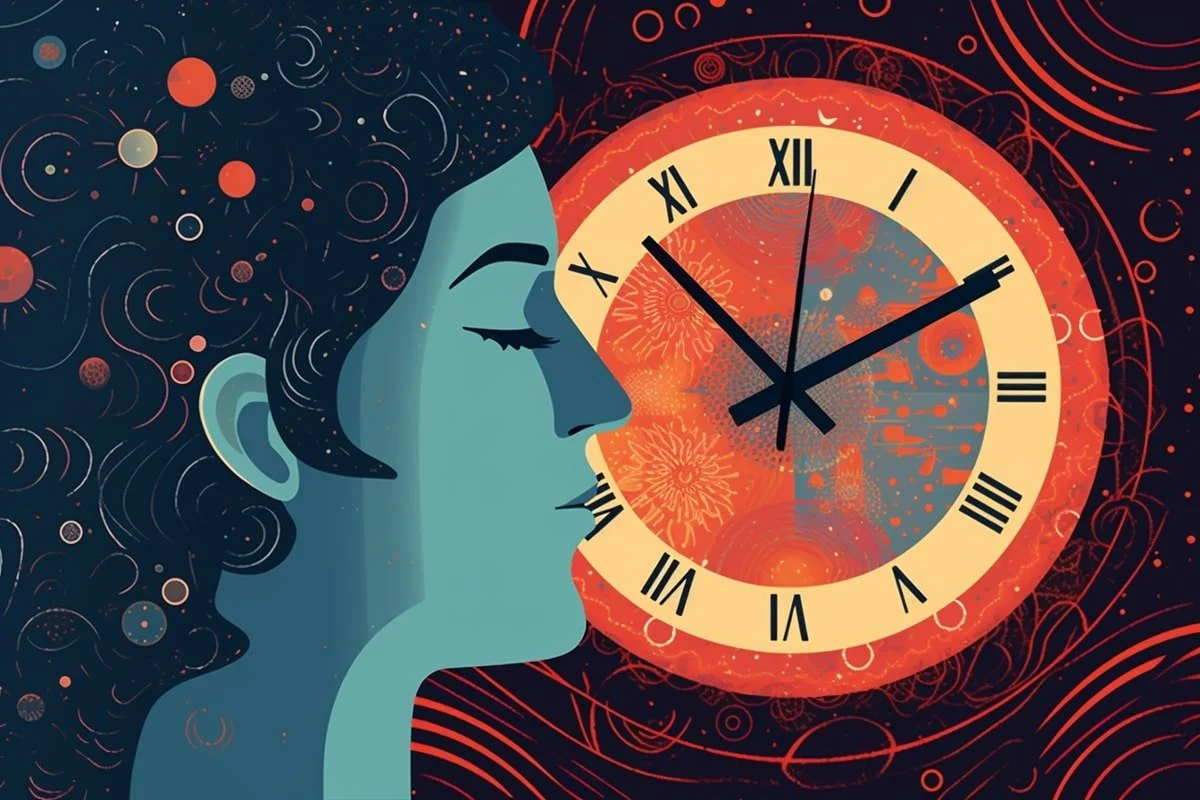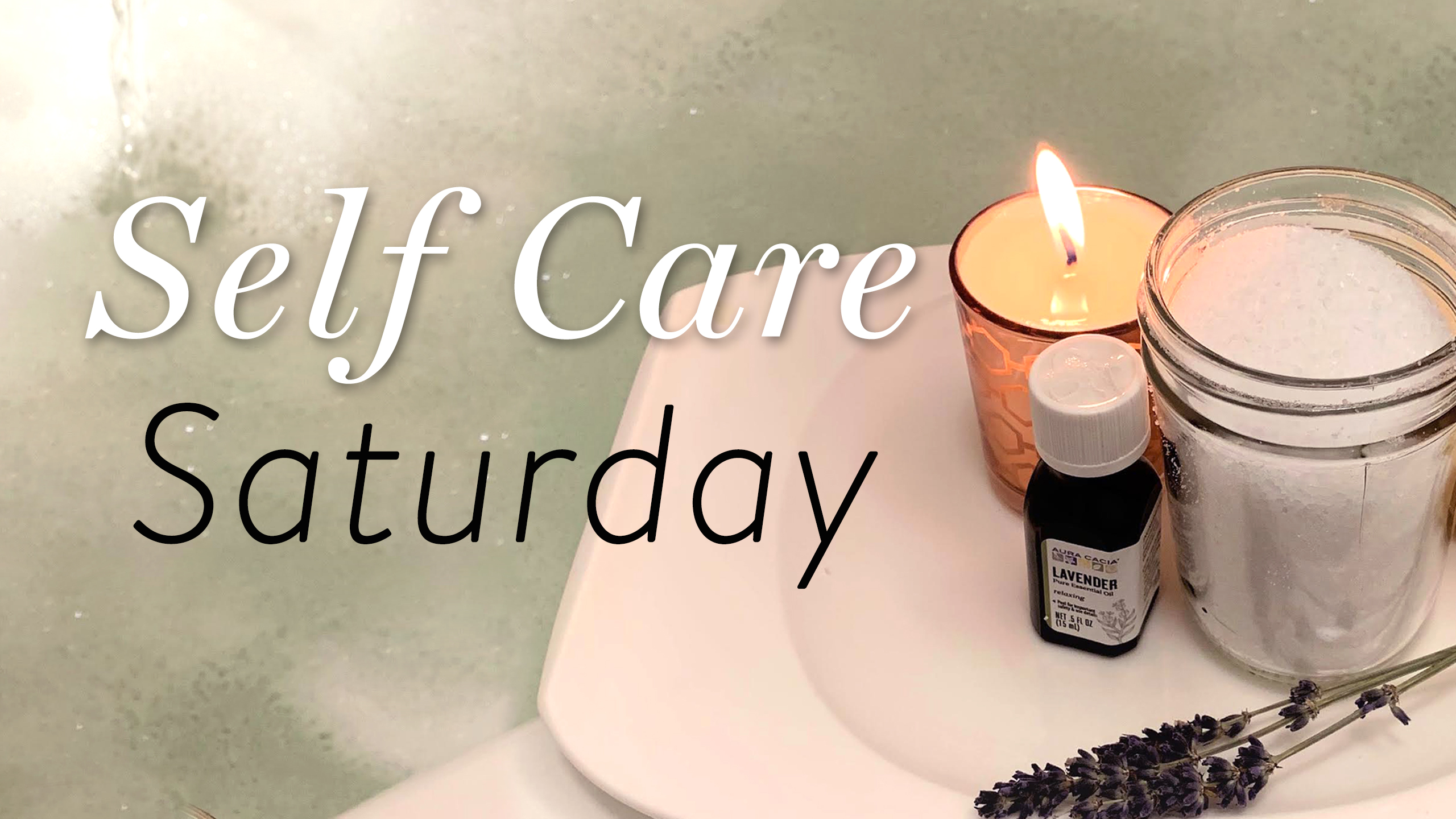Our biological clock, or circadian rhythm, plays a pivotal role in regulating our sleep-wake cycle and overall well-being. In this blog, we’ll delve into the significance of the biological clock, the impact of sleep deprivation, and practical tips to optimize your sleep patterns.
Understanding the Biological Clock:
The circadian rhythm is a natural, internal process that repeats roughly every 24 hours. Governed by the brain’s hypothalamus, it influences various physiological and behavioral processes, including sleep-wake cycles, hormone release, and body temperature.
The Impact of Sleep Deprivation:
Disruptions to the circadian rhythm, often induced by inadequate sleep, can lead to a myriad of health issues. Cognitive impairment, mood swings, weakened immune function, and an increased risk of chronic conditions are among the consequences of persistent sleep deprivation.
Insomnia:
Insomnia, characterized by difficulty falling asleep or staying asleep, often stems from a variety of factors, including stress, anxiety, lifestyle choices, and disruptions to the circadian rhythm. Addressing these underlying causes is key to restoring healthy sleep patterns.
Tips for Aligning with Your Biological Clock:
- Establish a Consistent Sleep Schedule: Set a regular bedtime and wake-up time, even on weekends. Consistency reinforces your circadian rhythm and improves overall sleep quality.
- Prioritize Quality Sleep: Focus on creating a sleep-conducive environment by minimizing noise, light, and screen time before bedtime. Invest in a comfortable mattress and pillows to enhance your sleep experience.
- Create a Relaxing Bedtime Ritual: Establishing a soothing pre-sleep routine signals to your body that it’s time to wind down. Engage in calming activities, such as reading a book, gentle stretching, or practicing mindfulness.
- Expose Yourself to Natural Light: Daylight exposure during waking hours helps regulate your circadian rhythm. Spend time outdoors, especially in the morning, to signal to your body that it’s time to be awake.
- Limit Caffeine and Stimulants: Reduce consumption of caffeine, nicotine, and other stimulants, especially in the afternoon and evening. These substances can disrupt your ability to fall asleep.
- Limit Screen Time Before Bed: Exposure to the blue light emitted by screens can suppress the production of melatonin, a sleep-inducing hormone. Limit screen time at least an hour before bedtime to promote better sleep.
- Stay Active: Regular physical activity promotes better sleep. Aim for at least 30 minutes of moderate exercise most days, but avoid intense workouts close to bedtime.
- Mind Your Diet: Be mindful of your eating patterns. Large meals, spicy foods, and excessive liquids before bedtime can disrupt sleep. Opt for a light snack if you’re hungry.
- Establish a Relaxing Bedtime Routine: Engage in calming activities before bedtime, such as reading a book, taking a warm bath, or practicing relaxation exercises. This signals to your body that it’s time to wind down.
- Evaluate Your Sleep Environment: Ensure your bedroom is conducive to sleep by minimizing noise, controlling room temperature, and investing in comfortable bedding. Consider blackout curtains to create a dark sleeping environment.
- Cognitive Behavioral Therapy for Insomnia (CBT-I): CBT-I is a structured program that addresses the thoughts and behaviors contributing to insomnia. Consult with a healthcare professional or sleep specialist to explore this evidence-based approach.
- Mindfulness Meditation for Stress Reduction: Incorporate mindfulness meditation into your daily routine to manage stress and calm the mind. Techniques such as deep breathing or guided imagery can be particularly effective.
Understanding and respecting your biological clock is fundamental to achieving restorative sleep. By adopting healthy sleep habits and aligning your lifestyle with your circadian rhythm, you can optimize your overall well-being and conquer the challenges of sleep deprivation.
By acknowledging the intricate interplay between insomnia, the circadian rhythm, and healthy sleep practices, you empower yourself to overcome the challenges of sleep disturbances. Adopting a holistic approach that addresses both lifestyle factors and psychological well-being is paramount to achieving restorative and rejuvenating sleep.
Your Biological Clock: Tips for Battling Sleep Deprivation
In the relentless pace of life, sleep deprivation is a common challenge. Explore strategies to reset your biological clock for better sleep and overall well-being. Vituras is here to support your journey to rejuvenated, restful nights.
Prioritize Sleep Hygiene:
Create a conducive sleep environment by minimizing light exposure, reducing noise, and maintaining a comfortable room temperature. Establish a consistent sleep schedule to regulate your body’s internal clock.
Limit Screen Time Before Bed:
Screen devices emit blue light, hindering melatonin production. Avoid screens at least an hour before bedtime. Instead, engage in calming activities like reading to signal to your body that it’s time to wind down.
Mindful Nutrition:
Certain foods can impact sleep quality. Opt for sleep-promoting snacks like nuts, fruits, or herbal tea. Avoid heavy meals close to bedtime, as they can disrupt digestion and contribute to discomfort.
Establish Relaxation Rituals:
Incorporate relaxation techniques into your bedtime routine. This can include gentle stretches, deep breathing exercises, or meditation. Such practices signal to your body that it’s time to transition into a restful state.
Regular Physical Activity:
Regular exercise promotes better sleep. Aim for at least 30 minutes of moderate exercise most days. However, avoid intense workouts close to bedtime, as they can have an invigorating effect.
Vituras: Your Partner in Restful Nights
At Vituras, we understand the profound impact of sleep on overall health. Our holistic approach combines medical expertise with personalized support. From hormonal balance to stress management, we address underlying factors contributing to sleep issues.
Expert Consultations:
Vituras offers online consultations with experienced professionals. Discuss your sleep concerns from the comfort of your home, and receive tailored advice and potential solutions to improve your sleep quality.
Comprehensive Sleep Assessments:
Our advanced diagnostics include comprehensive sleep assessments. Identifying potential sleep disorders allows us to create targeted treatment plans, ensuring you get the restorative sleep you need.
Lifestyle Guidance:
Beyond medical interventions, Vituras provides guidance on lifestyle adjustments. Our experts help you cultivate habits that promote better sleep, empowering you to take control of your sleep health.
Embrace Restful Nights with Vituras:
Sleep is a pillar of well-being, impacting your physical and mental health. Vituras invites you to prioritize your sleep, offering a range of services to support your journey to restful nights. Reclaim your vitality and embrace each day with renewed energy.
Conclusion: Unlocking Better Sleep with Vituras
Your biological clock plays a pivotal role in your sleep quality. With Vituras as your ally, you gain access to a comprehensive approach to address sleep issues. Take the first step towards restful nights and a healthier tomorrow with Vituras.











